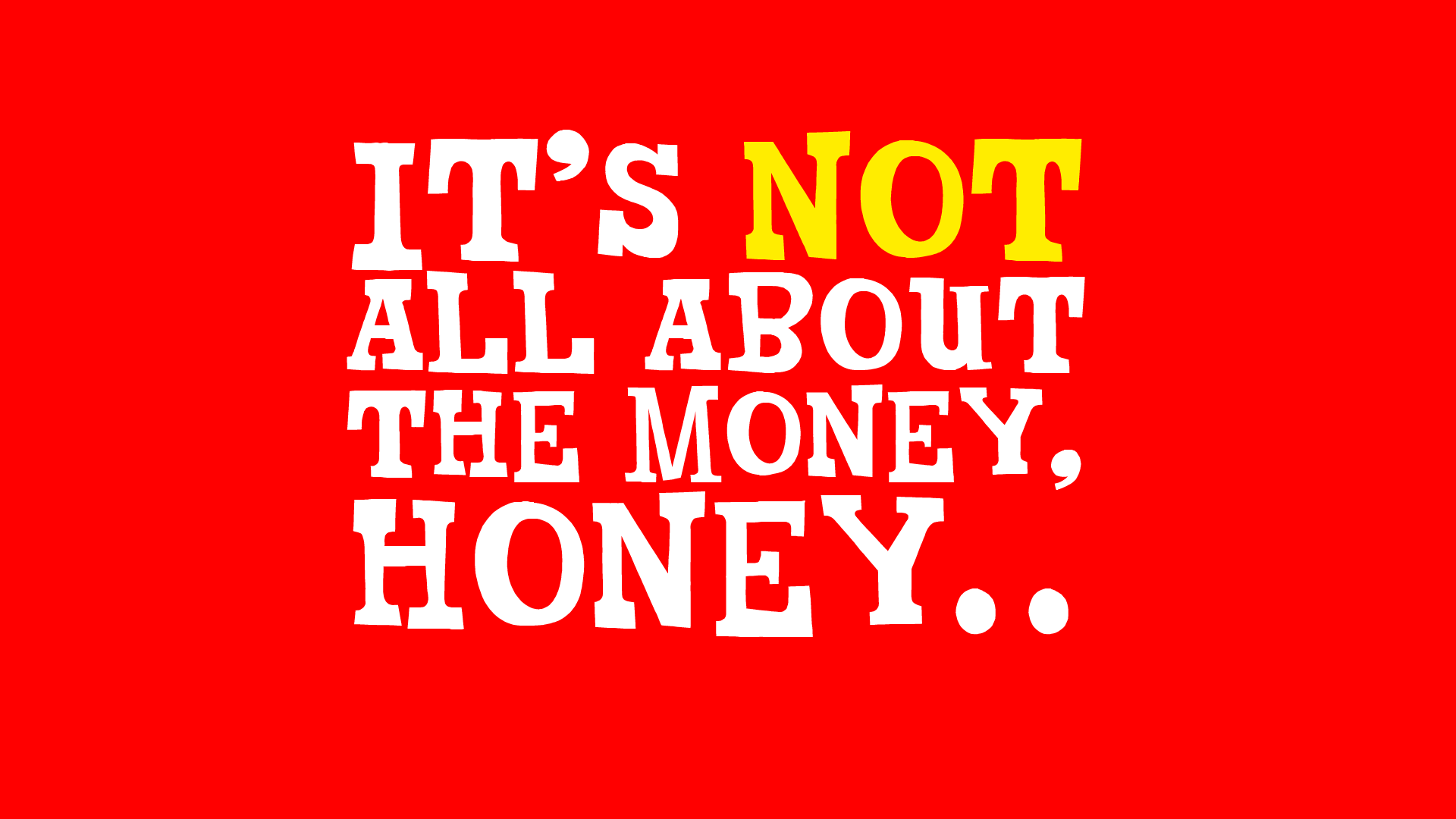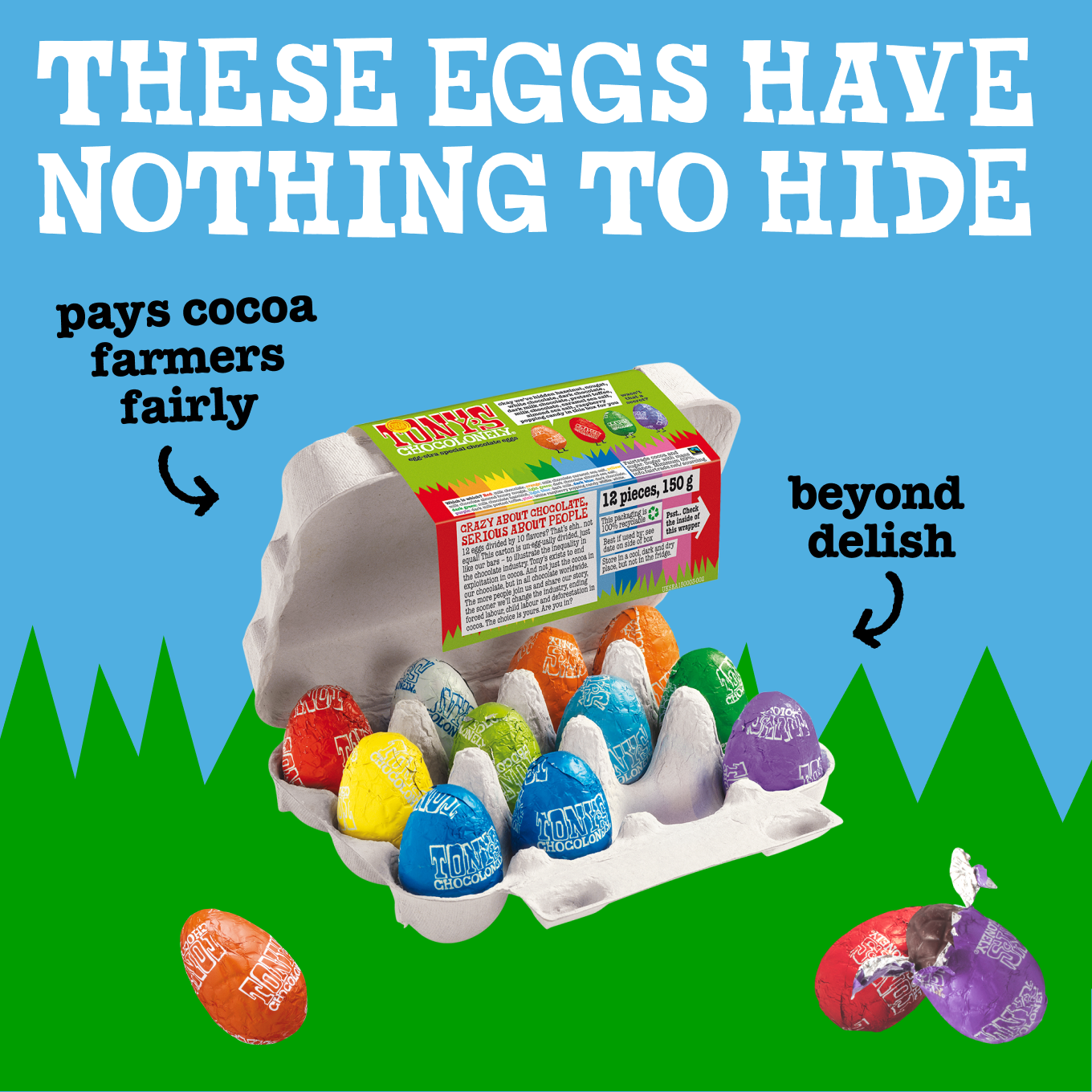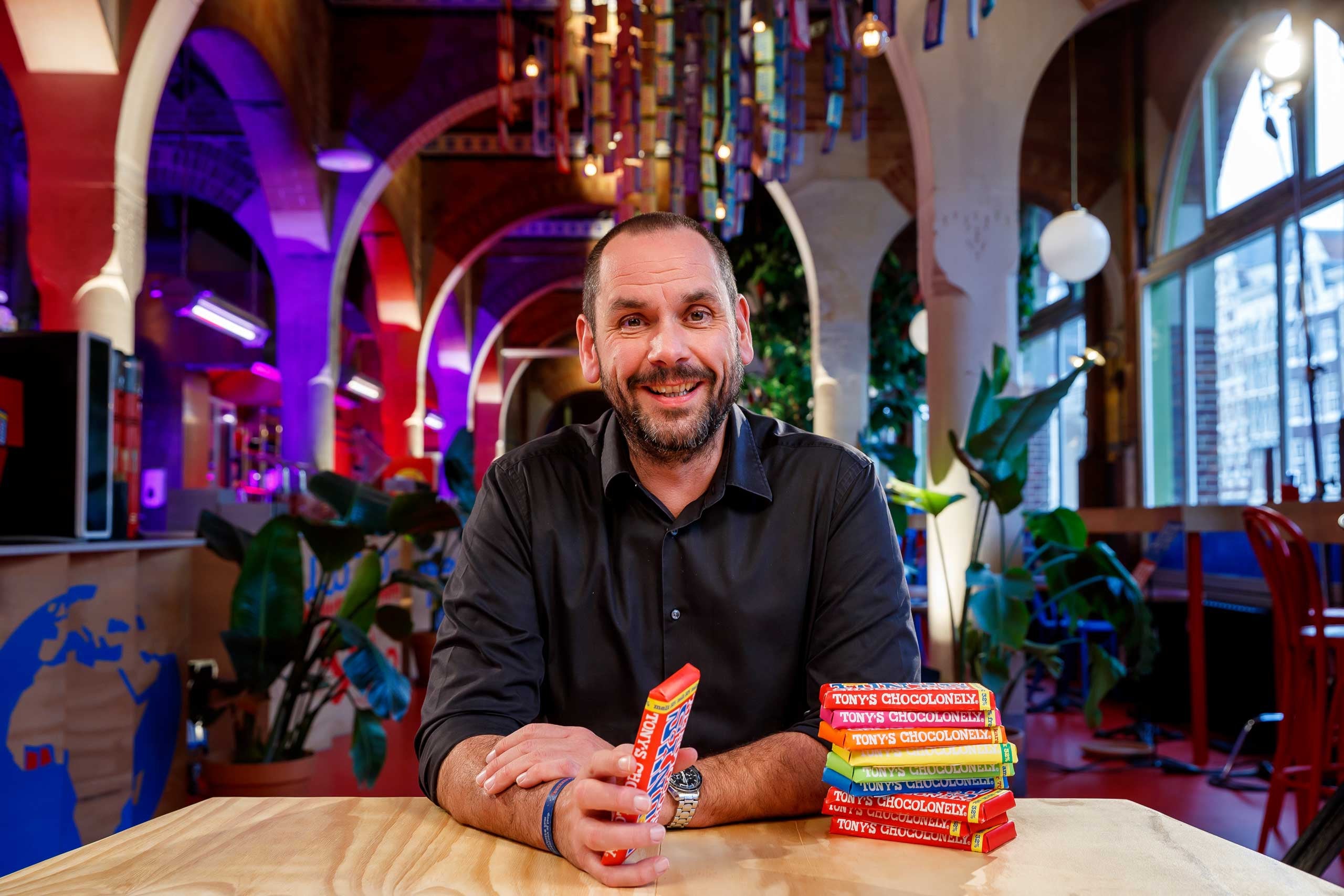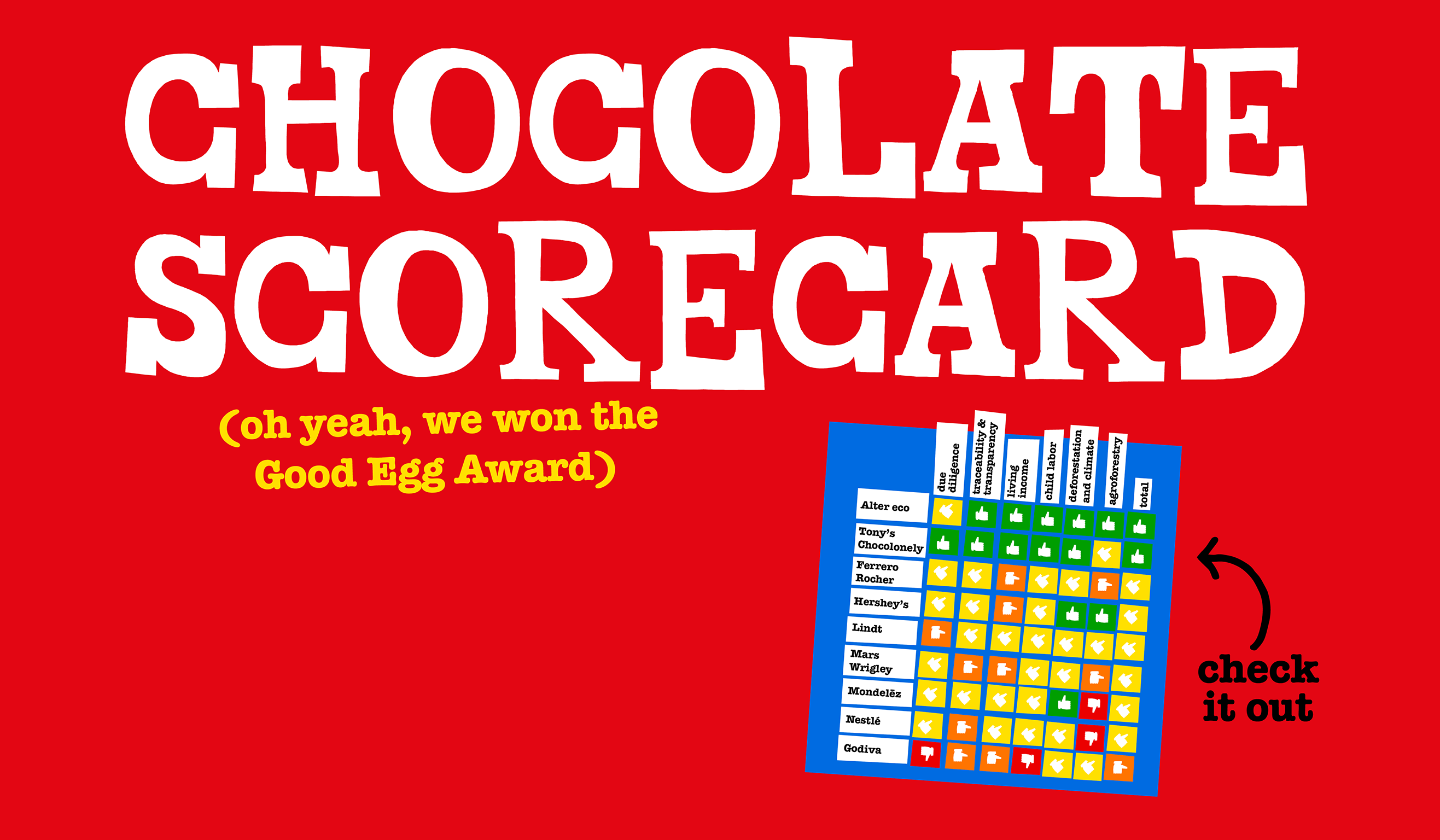Unwrapping the true cost of poverty
We’re working our beans off to get this bitter taste out the supply chain, but it’s still not enough. So, we asked ourselves, what’s up with that?

With Tony’s additional premium and the Fairtrade Premium, we pay more than market prices to cocoa farmers. Our Living Standards and Welfare Survey set out to understand the complexities of poverty so we can take serious action where it makes the biggest difference.
When we say ‘richness’, do you think milk caramel sea salt, millionaire’s bank account or millennial’s lifestyle? Now, how about ‘poverty’? Much less delectable, but just as multidimensional. Poverty is a complex issue and the root cause of modern slavery and illegal child labor in the chocolate industry. We’re working our beans off to get this bitter taste out the supply chain, including paying a higher price for cocoa. So, we asked ourselves, what’s up with that?
It’s not just about the money, honey
Turns out, poverty is more than just a lack of finances. It’s the whole experience of lacking basic rights, services, and opportunities. To get a more complete understanding of the issues, we commission an annual Living Standard and Welfare Survey (LSWS), designed using the international Multidimensional Poverty Index (MPI). The MPI looks at different dimensions of poverty — beyond just money — in fields of health, education and standards of living. This way, we don’t just see who is living in poverty, but also how. With this data, we can take responsibility and act! Super important for coming up with sweet solutions to address the issue from all angles.
The results are in..
In 2019 and 2020, we tasked research companies to interview a random but representative sample of over 900 farmers from our partner cooperatives in Ghana and Ivory Coast. Around a third of the farmers we interviewed in Ghana are considered poor by MPI standards (33.7% in 2019, 27.2% in 2020). In Ivory Coast, it’s closer to half (45.9% in 2019, 44.9% in 2020). Over the two years we see a slight improvement: more farmers are moving out of poverty.
The survey shows us not only where we need to focus action, but how. As Tony’s we have a two-tiered approach: We work with our 5 Sourcing Principles and we invest in community development. Meaning that the way to do business needs to lead to a more equally divided supply chain. Additionally, social investments, looking more broadly at the communities, are needed.
It’s entirely up to the farmers (not Tony’s) to decide how the premium is spent. Last year, an average 12% went towards community development. It might sound counterintuitive, but we don’t want the farmers to spend too much of their premium on these projects. Overdue maintenance of community facilities should really be paid for by other parties like governments, foundations, and companies that have bought their beans for far too little money for far too many years.
And we unwrapped the biggest poverty drivers for cocoa farmers
Digging deeper into the survey results, we also identified the 5 most prevalent welfare and standard of living challenges that are keeping the farmers we interviewed stuck in the poverty trap:
- School-aged children not attending school (mainly in Ivory Coast)
- Undersupply of safe drinking water, sanitation and electricity
- Households using hazardous cooking methods
- Food insecurity
- Inadequate housing
So, what's the plan, Stan?
Taking action of course! Now that we’ve pinpointed the key issues keeping farmers in poverty, we have devised 3 targeted action areas:
1. Raising our hands for better education
We’ll continue to support our 7 partner cooperatives with setting up school funds and improving access to education in cocoa communities, including building and rehabilitating schools and school canteens. And making sure students can open doors to learning institutions (and other important services) by having valid birth certificates (3,440 and counting in Ivory Coast!). We’ll also keep pushing the importance of improving the quality of education, joining more initiatives like the Transforming Education in Cocoa Communities program of the Jacobs Foundation.
2. Refreshing our focus on safe drinking water and sanitation
The plans we’ve received from our partner cooperatives already include projects to improve access to clean drinking water and sanitation. Our Ivory Coast coop partners are already seeing positive results, with household access to clean drinking water going up from 62,5% in 2019 to 73,9 % in 2020. We recently have completed a borewell project as well, that will hopefully add to this too. We’ll keep going with that flow.
3. Making sure no-one is going hungry
Food insecurity doesn’t just arise from not being able to afford food. That’s a big part of it, and the reason we pay farmers extra on top of cocoa market prices. We've also kicked off farmer coaching to increase yields and are looking into how we can diversify farmers’ sources of income (fans of our 5 Sourcing Principles will notice a pattern here).
And that’s NOT a wrap
To make sure we keep moving in the right direction, and to track our progress, we’re aiming to repeat the study every year (now with new social-distance-savvy measures). Taking a long-term, far-sighted approach to tackle poverty in all its complex dimensions. But by unwrapping the challenges one by one, together we can make 100% slave free the norm in chocolate.



